
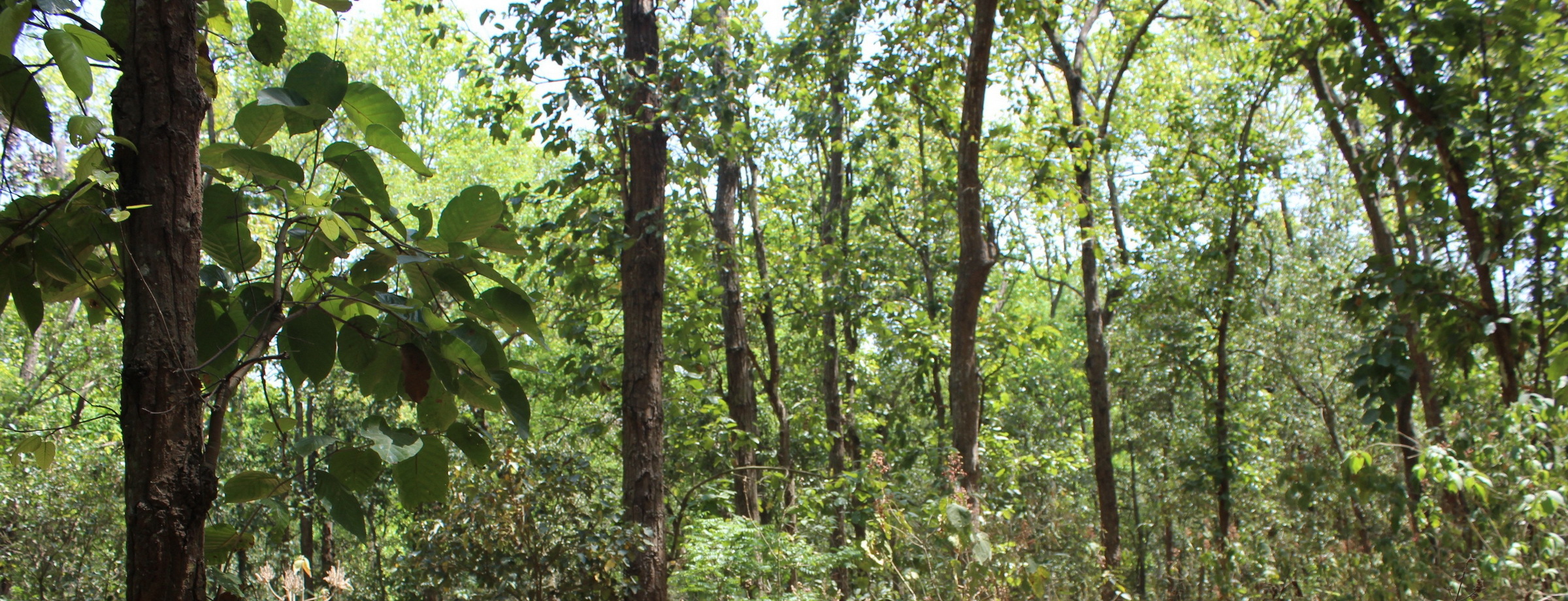


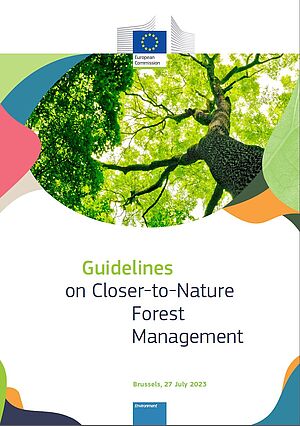
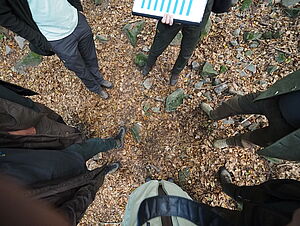

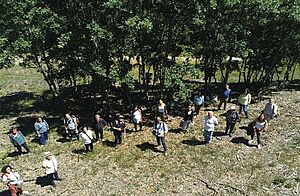
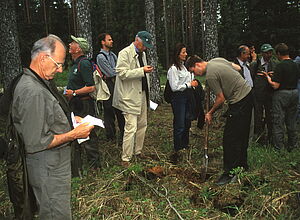

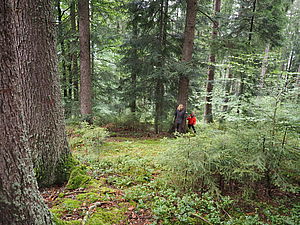

Prof. Irshad Khan
Hon. Prof. Amity University, School of Natural Resources and Sustainable Development
Noida
2101303 Gautam Buddha Nagar, U.P.
India
e-mail: irkhan51(at)gmail.com
cellphone: +91-11-41321239
Mr. Irshad Khan is an Indian Forest Service (IFS) Officer of great repute having Master degree in Forestry from University of Oxford. He is a distinguished. He has served as Chief of Party – Forest-PLUS Programme at Tetra Tech, USAID; Principal Chief Conservator of Forests, Jammu and Kashmir; Chairman, Jammu and Kashmir Pollution Control Board; Senior Forestry Specialist at the World Bank, etc.
He specializes as team leader, natural resource management, forestry, biodiversity, environmental impact assessment, climate change, wildlife, ecosystem services, environmental management, ecology, rural development, sustainability, landscape ecology, corporate social responsibility, sustainable development, forest carbon, etc.
ForEcoIndia aims at promoting restoration of degraded forest landscapes.
ForEcoIndia is a campaign or movement that works to promote ecosystem based forest management;
ForEcoIndia stands for the following broad principles that should govern the forest management in India: